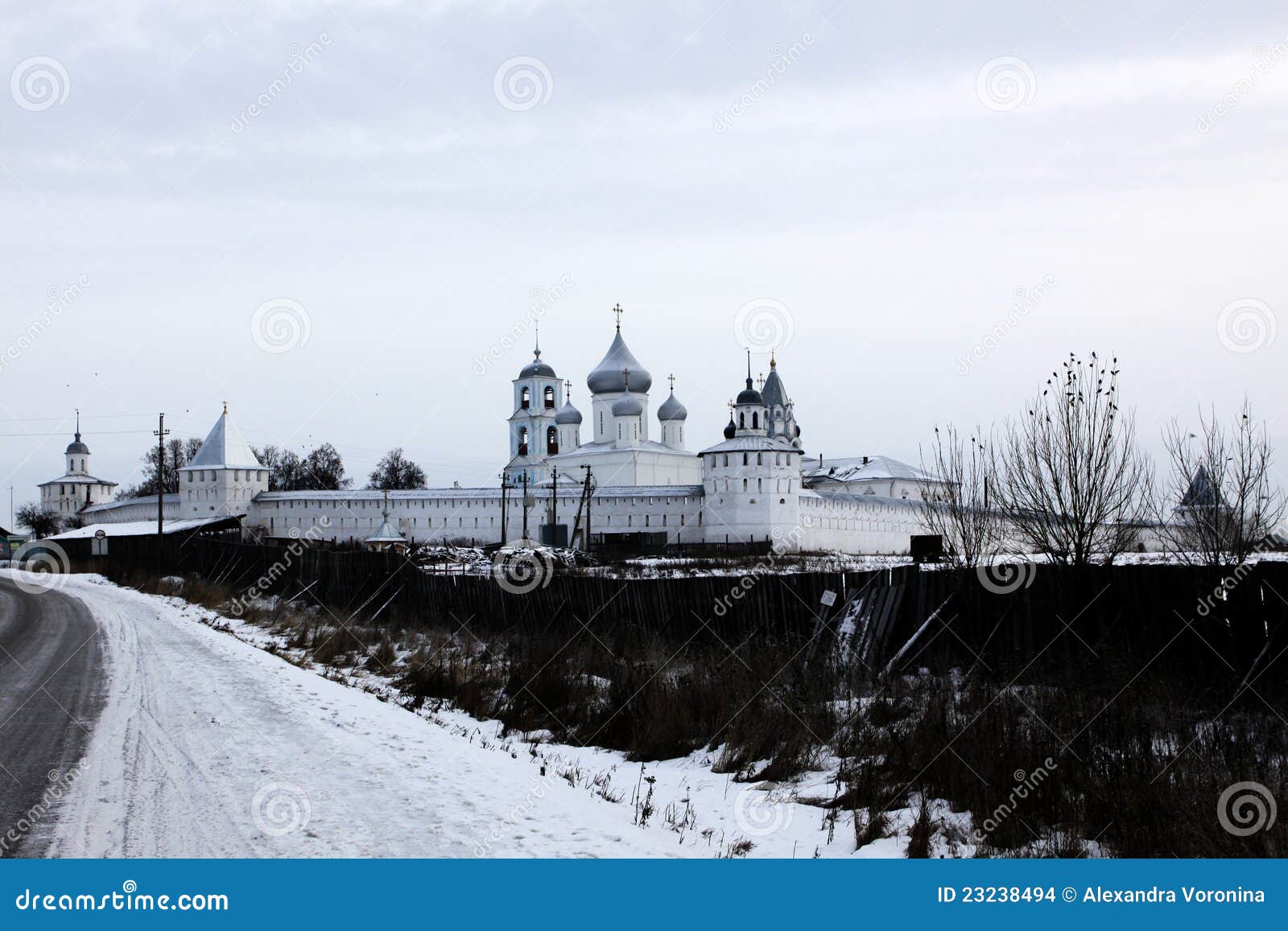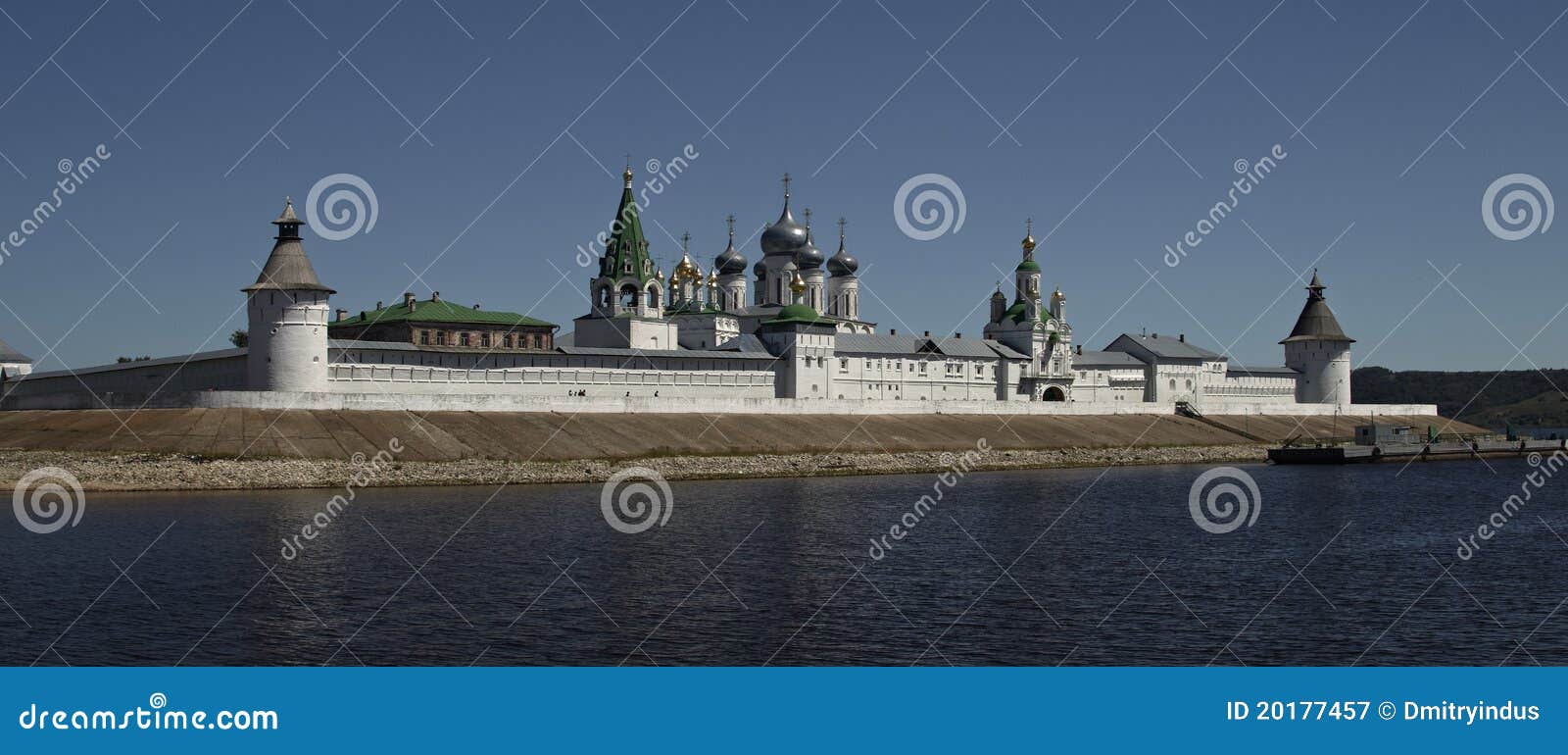
Grigori Yefimovich Rasputin, (January 10, 1869 – December 29, 1916) was a controversial Russian mystic who influenced the latter days of the Russian Tsar Nicholas II, his wife the Tsaritsa Alexandra, and their only son, the Tsarevich Alexei. Rasputin’s influence at court, coupled with reports of


Macarius is a Latinized form of a Greek given name Makarios.The old-Greek word Μακάριος makarios (mak-ar’-ee-os) is a prolonged form of the poetical μάκαρ makar (of the same meaning); supremely blessed, by extension fortunate, well off, blessed, happy.
![]()
Meanings and Origins of Male Names that start with the letter M.
The Russian Orthodox Church (Russian: Русская Православная Церковь) is traditionally said to have been founded by Andrew the Apostle, who is thought to have visited Scythia and Greek colonies along the northern coast of the Black Sea.
Meanings and Origins of Male Names that start with the letter M.

Georgia Index: Chronology 1491 Kingdom of Georgia divided into three Kingdoms

Georgia Index: Chronology 1491 Kingdom of Georgia divided into three Kingdoms
Grigori Yefimovich Rasputin, (January 10, 1869 – December 29, 1916) was a controversial Russian mystic who influenced the latter days of the Russian Tsar Nicholas II, his wife the Tsaritsa Alexandra, and their only son, the Tsarevich Alexei. Rasputin’s influence at court, coupled with reports of
Macarius is a Latinized form of a Greek given name Makarios.The old-Greek word Μακάριος makarios (mak-ar’-ee-os) is a prolonged form of the poetical μάκαρ makar (of the same meaning); supremely blessed, by extension fortunate, well off, blessed, happy.

![]()

![]()
The Russian Orthodox Church (Russian: Русская Православная Церковь) is traditionally said to have been founded by Andrew the Apostle, who is thought to have visited Scythia and Greek colonies along the northern coast of the Black Sea.